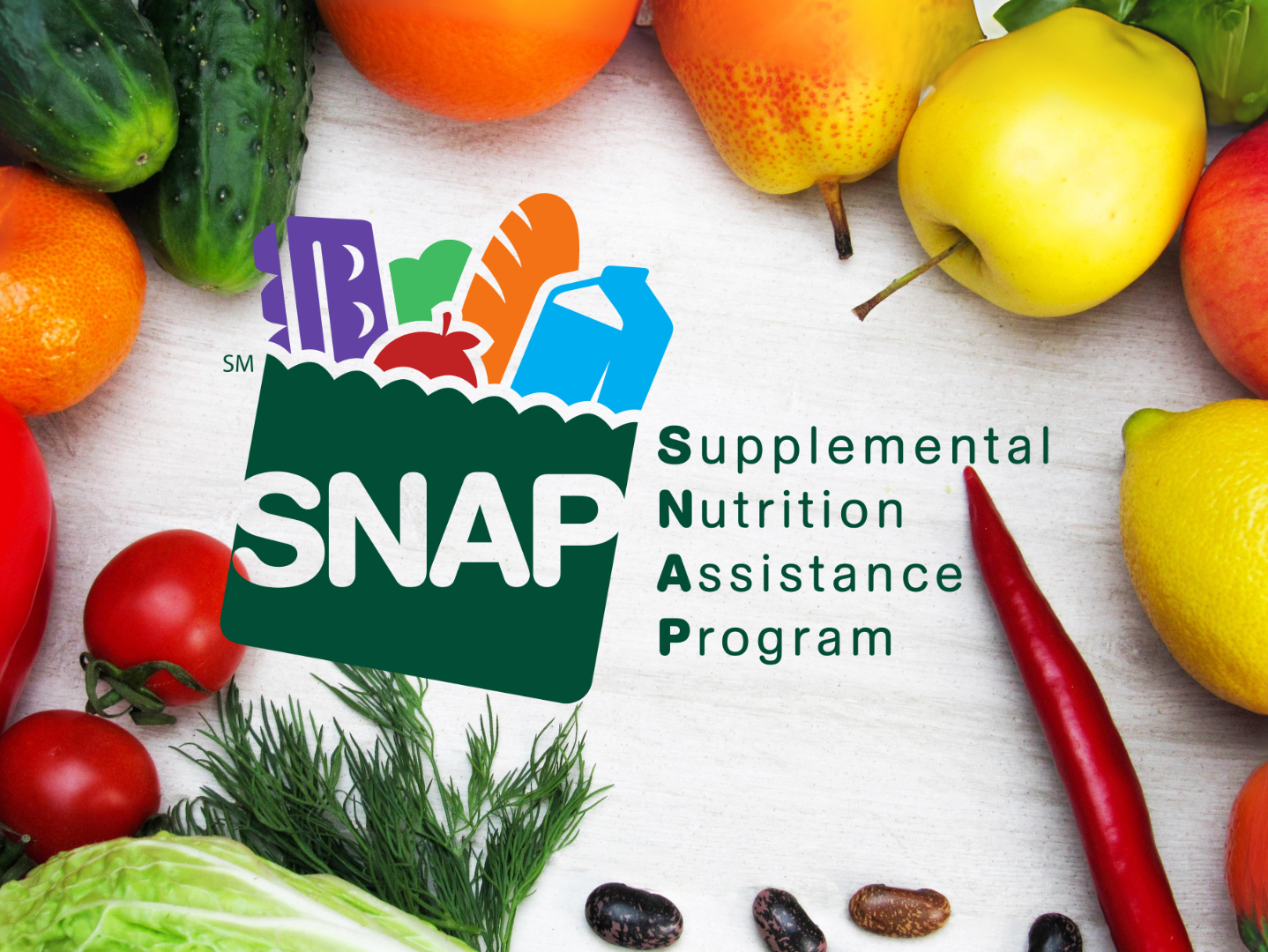Help with Your SNAP Benefits
The Supplemental Nutrition Assistance Program (SNAP), formerly known as ‘food stamps,’ is a federal nutrition program that provides monthly food benefits to low-income households. SNAP provides vital food resources for the nearly half a million Coloradans who access the program. To learn about how to get SNAP click here.
The purpose of this page is to help you understand some of your options and how to get help if issues arise with your SNAP benefits.
What should I do if I think a mistake was made in determining my benefit amount or eligibility?
Your county human service department will determine whether you are eligible for SNAP, and if so, what your benefit amount will be. Your county office will use the information in your application and any provided verifications to assess your eligibility and benefit amount accurately. If you think an incorrect decision has been made on your case, (such as an error resulting in denial of benefits, lower benefit amount, notice of overpayment of benefits, or an intentional program violation notice), there are steps you can take and resources that can help.
Dispute Resolution Conference
If you believe an error occurred affecting your eligibility or benefits, it is a good idea to reach out to your county human services office. It is possible that an informal conversation with county workers can help you understand why a decision was made.
If speaking with your county office does not resolve your concerns, however, you can request a Dispute Resolution Conference within 90 days of when you receive a notice about the action or decision you think is incorrect.
A Dispute Resolution Conference is a meeting with county staff to discuss your case. County staff will explain reasons for their action and allow you to review all documents related to your case. You can also provide them with information to justify why you believe an error occurred.
You can request a Dispute Resolution Conference by submitting this form in English or Spanish to your county office and checking the box next to Dispute Resolution Conference (DRC).
Fair Hearings
If the Dispute Resolution Conference does not address your concerns and you still believe an error occurred impacting your benefits or eligibility, you can request a Fair Hearing with your county office verbally, in writing, or using the same form and selecting “a state-level hearing before a hearing officer.”
*You can also request a Fair Hearing from the start and skip the Dispute Resolution Conference process, although it is a good idea to start by meeting with your county office first as the Fair Hearings process can be complex and time-consuming.
A Fair Hearing, sometimes called an appeal, is similar to a court case. Your county office will bring evidence to support their decision, and you can bring your own witnesses and evidence to support your case. Most fair hearings happen using video or telephone conferencing, but you can request an in-person hearing if you prefer.
An initial decision will be made by a SNAP Hearings Unit administrative adjudicator, who functions like a judge. The Office of Appeals at the Colorado Department of Human Services, which oversees county administration of SNAP, will then review the initial decision and mail you a notice of that decision. They will also send you a Notice of Intent to File Exceptions form which you must fill out and return within 8 days of the date listed on the notice if you intend to object to the initial decision.
- If you choose to object to the initial decision, you can submit written reasons for your objection (these are called exceptions) and any supporting documents you have by emailing them to cdhs_appeals@state.co.us, or by mailing them to or dropping them off at 3550 W. Oxford Ave., Denver, CO 80236. If you have questions about the Exceptions process, you can call the SNAP Hearings Unit, toll free, at 833-847-0345.
The Colorado Department of Human Services’ Office of Appeals will send you a final agency decision after reviewing the initial decision and any exceptions you might have submitted.
For more information about the SNAP hearings process, visit the state’s SNAP Hearings Unit website.
Resources
The Fair Hearings process is complex, but you are allowed to have legal representation. If you would like to have legal representation during the hearings process, Colorado Legal Services provide low-cost legal services and may be able to help you.
If you received an overpayment notice or notice of intentional program violation, the SNAP Overpayment Navigator app, developed by the Colorado Center for Law and Policy and law students at the University of Denver, can help you understand your options and provide you with template letters to assist you.
